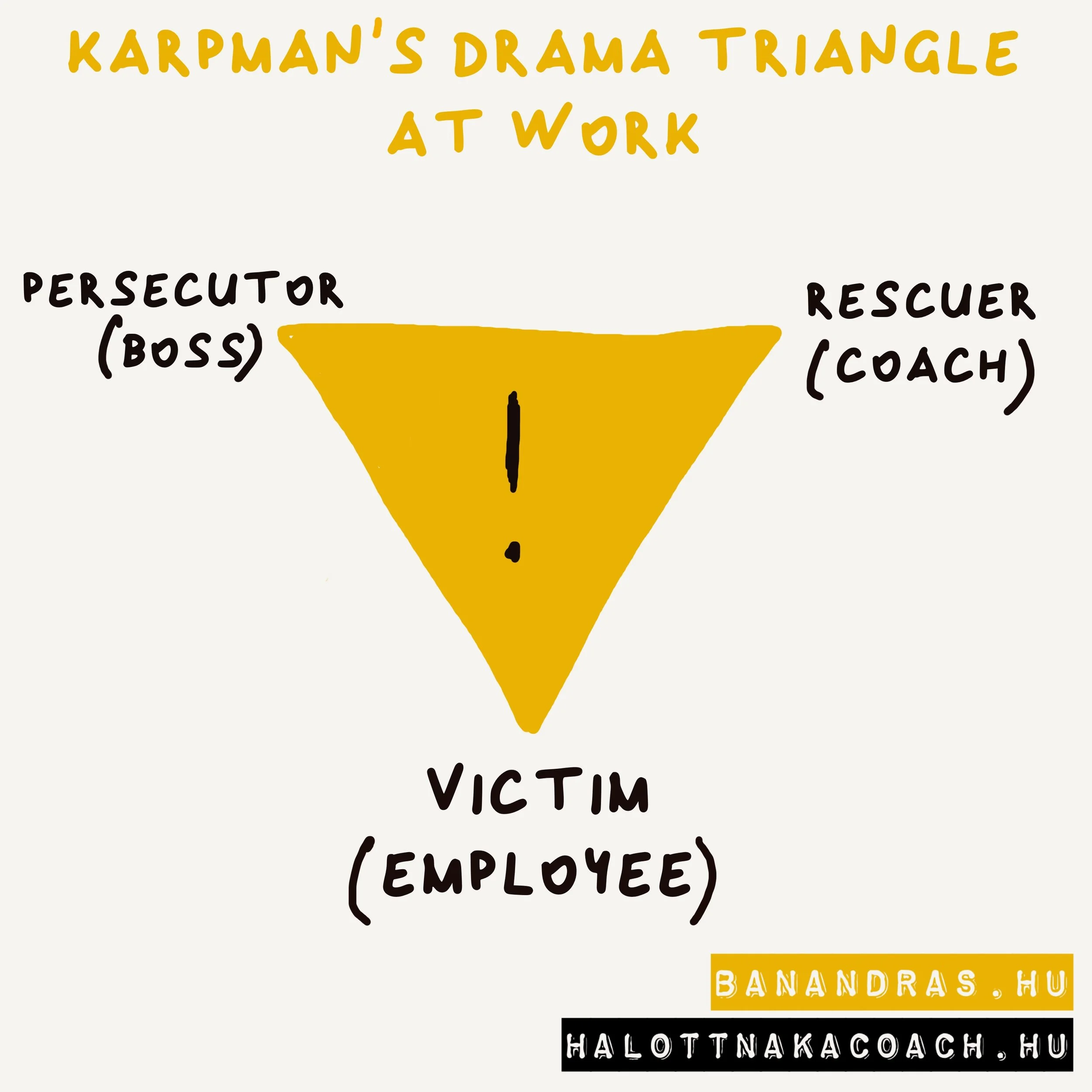Who Can Be Saved?
Recently I was in an area of Stockholm that was completely unknown to me, resembling an industrial facility in Berlin. Everything was super cool; I love the reinterpreted old factory buildings. I wandered into a club there, strolled around, looked at people, and tried to figure out how I got there, why I had never been here before?
For some reason, I had a skateboard in my hand, probably the one I arrived with. Suddenly, a little teenager came up to me and said,
"Mister, could you go get my skateboard? Bring it here for me because it's also part of the well-being program!"
"No way, get lost!" - was my immediate response.
Of course, this whole story happened in my dream, and there, I told him "fuck off," but that doesn't sound as professional, so I embellished it a bit.
By the way, it's not surprising that I had this dream, since I was working in Budapest all week for a an international company and led group coaching sessions. I really love this job, but it's not easy. Especially because when I'm on corporate assignments, the participants aren't there of their own free will, but because they have to - they were sent.
Thankfully, many of them willingly participate, are happy about the opportunity, and are active, but it's a very different atmosphere from my private groups. There, there's never such a problem because only those who are motivated come, and they even invest their own money and time in the process.
During corporate jobs, the Karpman drama triangle is often observed, where the external consultant (in this case, me) is seen as the rescuer.
Generally, employees take on the role of the victim: they suffer from management and need to be saved. This is a passive role by nature, which means they don't really want to actively change and they do not want to be changed.
At the very first group sessions, always comes a point where the victim realizes that I won't save them, that they (also) need to do something for change. At that point, emotions often run high, and the rescuer is immediately relabelled as a persecutor or accomplice, but at the very least a useless idiot.
This is the biggest challenge for me to handle while keeping the majority of the group committed to the work and enthusiastically working to improve the company's operations. In these situations, I always have to remind myself that only those who genuinely want to change can be helped.
When the answer to the question "Is there anything - even the smallest thing - that you could do differently to not get the same result as before?" is "This is just how I am, and that's it, I can't and don't want to change," then it's no wonder one dreams such things…
Feeling comfortable as a victim in difficult situations may be tempting, but it's a very passive attitude. Edith Eva Eger once said, "Just because I was a victim of the Holocaust, I didn't become a victim."
It's always worth considering what is under your control in a given situation, what you can do for positive change. Start acting accordingly and don't be afraid to ask for help! If you're already taking the first steps, then someone who wants to help you won't get stuck in an endless game because they will truly be able to support you.
But only if you do something/anything for change.

